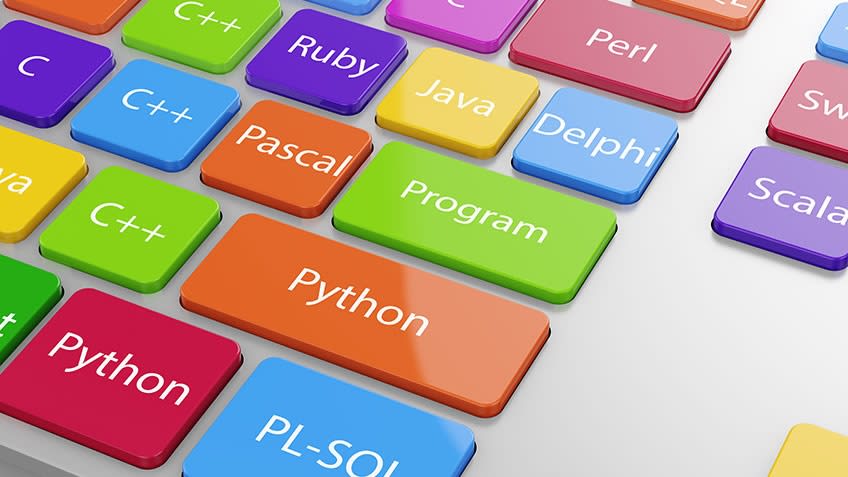Disputes about whether a programmer needs to get higher education at all or whether self-study and separate specialized courses are enough do not subsidize. In the professional environment, you can hear diametrically opposed opinions, each of which is quite argumentative and looks logical from its point of view.
In fact, both “yes” and “no” are correct, but for different cases. It is important to understand that today the word “programmer” means a whole industry. And like in any sphere of activity, there are large scientists moving the industry forward, there are engineers involved in complex developments. And there are ordinary technical specialists who are involved in solving applied tasks or code fragments under the supervision of a leading developer.
Self-education: pros and cons
You can really learn any programming language and start creating websites or applications yourself. Today there are a huge number of textbooks, video lessons, training courses, including free. Large corporations create many tools that allow you to create some software systems with a minimum of knowledge. As a result, the “entry threshold” into the profession has been significantly reduced.
On the one hand, it makes it possible to start earning money with the help of programming in minimum terms. On the other hand, this approach flooded the market with low-level specialists. As a result, the cost of services provided by a novice specialist has fallen. And the quality of many software products leaves much to be desired.
Nevertheless, independent training has its advantages:
- Allows you to master the basics of the profession in a short time (up to 2 years);
- Eliminates the need to study a huge amount of theory, which is rarely needed after graduation;
- Gives you the opportunity to learn a new profession at any age;
- It helps to develop practical skills and portfolios.
It is important to understand that successful self-study is impossible without self-discipline and programming skills. Certain personal qualities are also important. For example, even excellent mathematical skills and developed logical thinking will not help to become a programmer if a person does not have the perseverance and willingness to work with the code for hours, days, and sometimes weeks, looking for errors and defects in it.
Self-taught programmers most often implement themselves in such directions:
- Web-programming;
- Creating mobile applications;
- Development of applied computer programs;
- Integration and introduction of ready program systems (adjustment, refinement, maintenance);
- System administration, maintenance of local networks, etc.
In most cases, programmers without a diploma begin their career with freelance exchanges, where they gain practical experience and portfolio. After successful implementation of several projects, you can apply for a job in a small company or develop your own freelance brand, and later even open an IT company specializing in certain services.
If this career option fits your dreams, then years of study at the university may indeed be superfluous. If not, you may think about getting a degree from an accredited college (view more)
But in youth, it is difficult to assume how life will turn out. And in a large company without a diploma, it’s very difficult to get into a staff. In some organizations, you will be refused, no matter what. Others will consider your candidacy only if you can prove yourself as a talented developer with a good portfolio. But even then, an applicant at your level, but with a diploma, will have advantages.
It is also important to know: when emigrating or working, a diploma will be especially important. You may be required to have a degree in your field. Exceptions to the rule exist, but only for real “nuggets” and geniuses. Are you sure that you will be among them?
